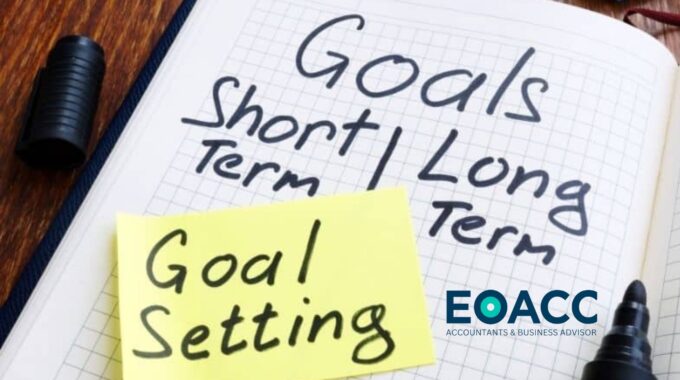In a fast-paced world dominated by the latest…

Your long-term financial stability
This may seem a strange time to be thinking about financial stability, but if we want to provide those we love with security then we need think long term.
The pandemic and the current increase in the costs of living show all too clearly that good health, and even life itself cannot be taken for granted.
When both partners’ income and assets are vital for the household’s financial security, it will inevitably mean financial difficulty for the survivor should either of them die.
With the right financial planning you can minimise the problems for your loved ones; here are a few reminders of the essentials:
- Write your will
Without a will, your assets will be distributed according to intestacy rules. This would mean if you have surviving children, grandchildren, or great-grandchildren, your partner will inherit your personal property and only the first £270,000 and then half of the remainder of your estate. This could mean them losing their home.
Writing your will should therefore be a priority, especially if you’re not married or in a civil partnership. Common-law partners have no automatic legal right to inherit anything at all.
Getting help on the financial side of will writing could mean avoiding tax problems for all concerned.
2. Look at your pension
Your pension may be one of the largest assets you own. Many people are surprised that it is not covered by their will.
Instead, you will need to make your wishes clear to your pension provider to let your partner access the money within your pension.
You should also think about how you will take your pension. You could take an annuity; in return for your pension pot, an annuity can provide a guaranteed income for the rest of your life. A joint annuity is designed for couples and will provide an income so long as either partner lives – but the income provided will be lower.
A drawdown arrangement might offer a more rewarding alternative and provide greater flexibility to allow a surviving partner to make the financial arrangements they need.
It is a good idea to seek independent advice to ensure your pension can go on providing for your loved ones.
3.Take out a life insurance policy
Life cover is probably the most important step of all. A life insurance policy is designed to pay out a lump sum on death of the life or lives assured, providing your partner with the means to pay off things like the mortgage and help replace your income.
There are many kinds of life insurance and, in an attempt to keep the premiums to a minimum with a maximum level of cover, (subject to health and meeting underwriting conditions) most of us seem to choose term insurance, which ceases when we reach an agreed age. The facts show we are living longer, and this type of cover may run out. A whole of life policy will cost more but will potentially allow you to provide for your loved ones whatever age you reach.
You also need to ensure that you have the right level of cover. Inflation may mean that a lump sum that was adequate 10 years ago is far from sufficient now.
You might need to include some extra benefits to your life policy, for example Critical illness cover and Long-Term Income Protection cover. In addition, you may need to consider a further type of cover such as Accident, Sickness and Unemployment. All these types of protection have a part in providing real financial security.
4.Get expert help
Security for your loved ones is simply too important to leave to chance. Expert help with the planning is vital to ensure they have the financial future you want them to have, whatever happens to you. If you do not have an independent adviser, then ask us for a recommendation or see: Finding an adviser | FCA

